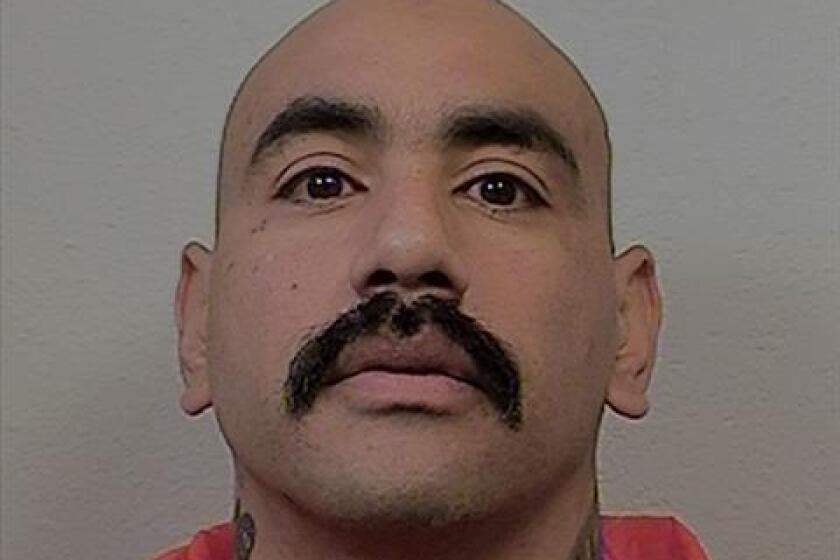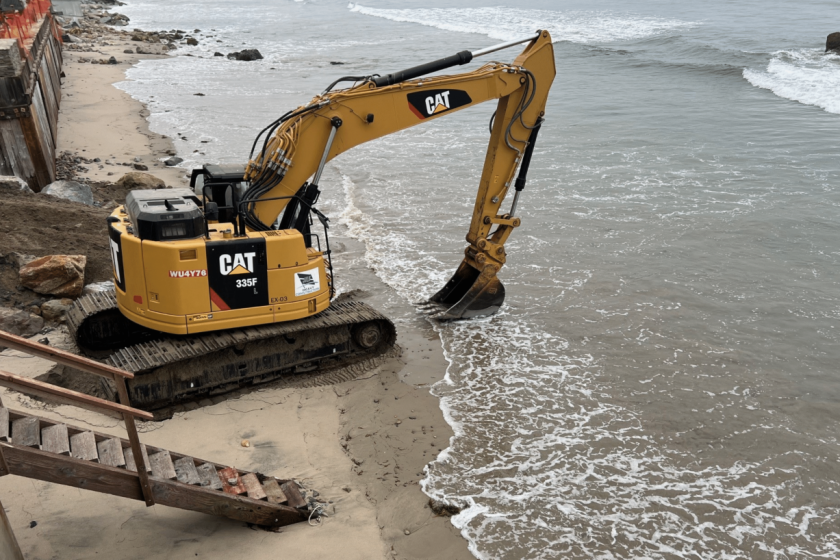Justice Is Supposed to Be Blind, but Sometimes It’s Dumb
Two events, seemingly unrelated, have me screaming out for justice.
Forget justice. How about a little wisdom?
Oh, forget wisdom too.
Maybe the best we can hope for is a society that occasionally stumbles into the right decision.
First up is Dan Severson, whom I wrote about last week. He’s a Garden Grove man who wants to be a respiratory care therapist but can get only a probationary license from the state board that governs the field. He believes the probationary license makes him less attractive to potential employers and that the pay for an entry-level job in respiratory care is about twice what he’s making now as a security guard.
The board denied him an unrestricted license in 1995 for one reason: in 1987 he pleaded guilty to reckless driving after being stopped and registering a .11 on the breath test. Severson, now 34, says six hours in jail that night and a subsequent alcohol-education class showed him the error of his ways. Even if you don’t believe him, nothing on his record indicates he ever drank and drove again.
Next up is the case of Danny Ornelas, who, depending on your instincts in such things, is either cold-hearted or deeply troubled.
In 1989, Ornelas was convicted after speeding down a long Newport Beach alley and hitting and killing a 37-year-old mother of three children. He registered .18 on the sobriety test, well over the legal limit. Due to a successful appeal of his first conviction, Ornelas served two years in jail after being convicted subsequently on lesser charges.
Last week, Ornelas, now 26, was sentenced again for drunk driving--and again after being stopped for drag-racing in Newport Beach. The conviction carried a six-month sentence, but because of the way things go in the county’s overcrowded jail system, he may or may not serve the entire stretch.
These are the kinds of cases that, when laid side by side, drive people nuts. On their face, they both involve the same issue--how to handle a drunk-driving incident. Obviously, though, the particulars are vastly different and call for separate analysis.
So, why is it that both outcomes seem so wrong?
To paraphrase Casey Stengel, can’t anybody here play this game?
In both cases, we want justice. My guess is that in both cases, there would be a fairly strong consensus as to what justice is.
We didn’t get justice in either case. The missing ingredient was wisdom.
In Severson’s case, someone had a chance to be wise and blew it. In Ornelas’ case, nobody had a chance to be wise, because the law didn’t allow it.
Let’s start with the premise that society wants drunk drivers to be corralled and, when appropriate, punished.
In Severson’s case, his 1987 arrest was his first offense. His violation didn’t result in injury, but he hasn’t minimized the incident. Since his arrest, he married a California Highway Patrol officer and had a son. He and his wife also had a daughter, who was plagued from birth with respiratory problems.
It was his daughter’s illness and multiple surgeries that led Severson to pursue a respiratory care degree, which he got while attaining excellent grades at Orange Coast College. His daughter’s death in 1992, at 13 months, only fueled Severson’s motivation.
The board knew all that. In addition, it had excellent recommendations in his behalf from instructors and professionals in the field. In denying him an unrestricted license, the board acknowledged that Severson qualified on all academic grounds. In turning him down, the board cited only his 1987 arrest.
Wouldn’t a system that combined justice with wisdom forgive Severson? In the absence of any proof he was still a problem drinker, and in light of the obvious, heart-felt motivation for him pursuing respiratory care, wouldn’t any clear-eyed board welcome him into the field?
As for Ornelas, Municipal Judge Margaret R. Anderson was on the right logical track when, in setting bail, she said: “I cannot conceive of anybody in their right mind who, having slaughtered another person while under the influence of alcohol, is out there doing it again and reckless driving.”
Another judge handled sentencing but was bound by the statutes governing the crime, which was a misdemeanor. The six months Ornelas got was, in fact, the maximum sentence.
Wouldn’t justice combined with wisdom dictate that someone who mowed down a pedestrian while driving drunk would get more than six months for re-creating the scenario?
Any wonder why we’re all frustrated out here?
Justice. Wisdom.
Were they meant to be such strangers?
More to the point, any chance of the two ever getting together?
Dana Parsons’ columns appears Wednesday, Friday and Sunday. Readers may reach Parsons by writing to him at the Times Orange County Edition, 1375 Sunflower Ave., Costa Mesa, CA 92626, or calling (714) 966-7821.
More to Read
Sign up for Essential California
The most important California stories and recommendations in your inbox every morning.
You may occasionally receive promotional content from the Los Angeles Times.










